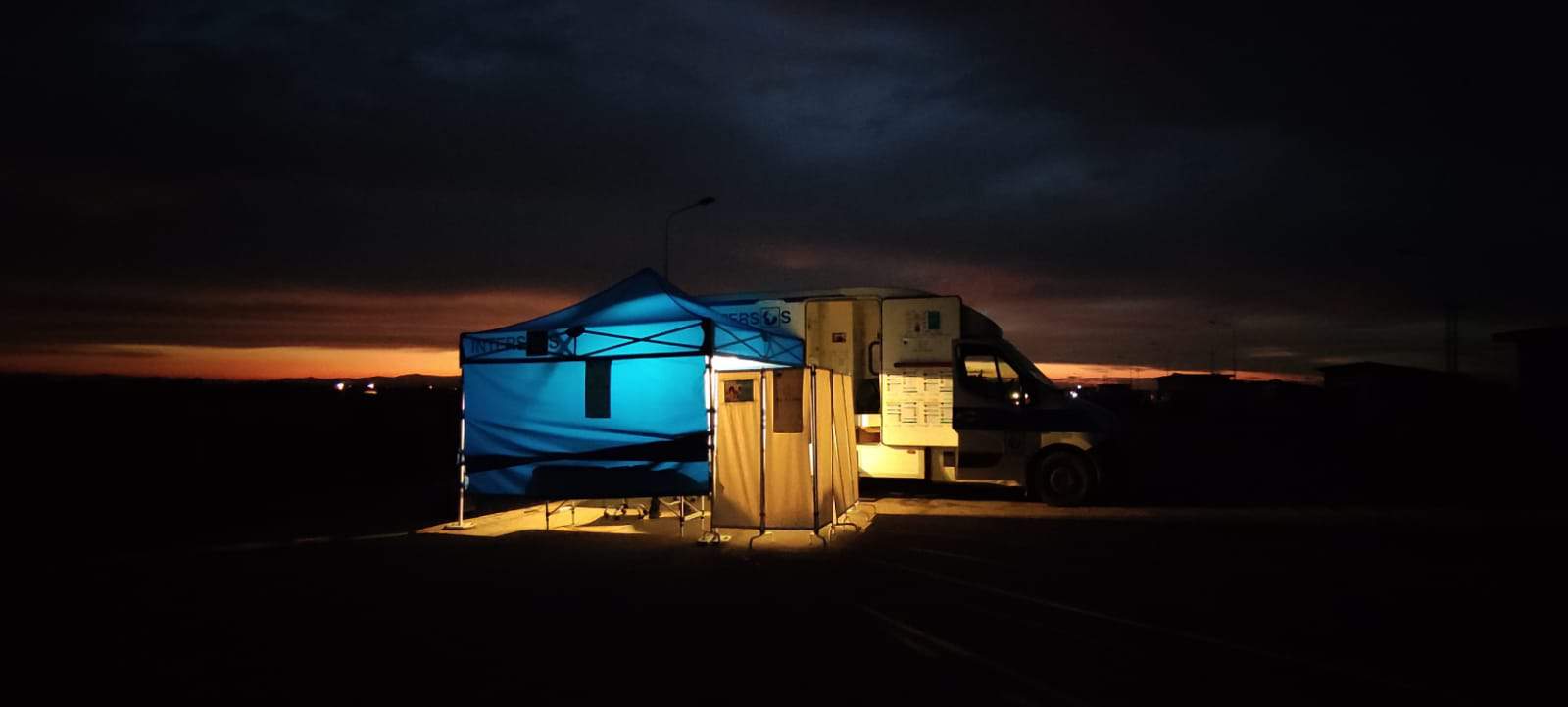In Italy’s hot and rural south, migrants are working the land. Their social, economic, and legal status – coupled with a lack of understanding of and access to the health care system – puts them at risk. But in Puglia, the local health and social agency is working with a project to develop models to help. They are finding ways to tackle exploitation and delivering healthcare to migrant workers.
by Giovanni Gorgoni, Marco Marsano and Giuseppe Memola
Estimated reading time: 5 minutes
In Italy, the state coordinates and designs immigration policy. However, it is local and regional authorities that manage and implement the policies. This approach has led to different local experiments taking place. On the one hand, these experiments resulted in innovative interventions. On the other, they highlighted problems such as a lack of coordination between actors, and a lack of a common vision and understanding of migration – and how to deal with it.
Overcoming exploitation and developing health systems for migrant workers
In the south, a project is underway to help overcome some of these problems. ‘Su.Pr. Eme Italia’ is implementing an integrated action plan to overcome all forms of labour exploitation, marginalisation, and vulnerability of migrant workers. It offered the Puglian Regional Agency for Health and Social (A.Re.S.S) the opportunity to define and develop a ‘Model of health and social care in the informal settlements, also known as ghettos’. By operating in five regions in southern Italy, Su.Pr. Eme Italia is also linking different areas and helping to reduce regional inequalities in Italy.
The purpose of the model
The Puglia model of health has two aims. Firstly, improving the protection of migrants living in informal settlements and secondly, strengthening health services for migrant workers. For that, we need to foster innovative regional and interregional governance. This governance needs to support successful models of public intervention which can address the social complexity and intricate nature of migration.
In practice, the goal is to design clear and easy to apply procedures for everyone involved in the care of the migrants who live in informal settlements with high vulnerability and social marginalisation. They should be in line with legislation at national level as well as existing good practices.
Delivering Healthcare to migrant workers in informal settlements
A.Re.S.S had previously coordinated medical interventions in informal settlements. The results of that work were used to develop the Puglia model. Since March 2020, A.Re.S.S. has been carrying out further health and social interventions which address health inequalities affecting migrants in informal settlements in Foggia province.
The activities specifically support people migrating from developing countries. More specifically, those employed as seasonal agricultural workers in the countryside. Unfortunately, these people are subject to illegal work and labor exploitation. ‘Su.Pr. Eme Italia’ is also trying to fight criminal aspects- an important health determinant with a highly damaging effect on peoples’ health outcomes of migrant population.

The impact of the pandemic
Coincidentally, the implementation of the Puglia model started during the first phase of the COVID-19 pandemic. Before the crisis, migrants were already suffering because of their socio-economic and legal status, together with a limited understanding of and access to health services. The COVID-19 pandemic further amplified existing problems for them and other vulnerable groups.
The health system was directing its resources to withstanding the impact of the virus. Its operations, and access to the health system were compromised. The gradual saturation of the system meant it needed to be reorganised. The ‘Su.Pr.Eme Italia’ project also had a role to play in supporting rapid and timely reorganisation of services, strengthening local medicine in an ‘emergency in an emergency’.
Actions in the Pulglia region focused on protection and access to health for vulnerable and hard-to-reach people. This result was the creation of a ‘proximity equity health service’. On daily basis, a Mobile Outpatient Unit coordinated by A.Re.S.S. carries out a number of interventions. It focusses on prevention, health status monitoring, and migrant care. Indeed, these pockets of the population are normally difficult to connect to the Italian health system. This is because they live in contexts of high social marginalisation. For example small groups of migrants who live in isolated and abandoned farmhouses in the Foggia area.
Health equity and wellbeing for all
The Model developed by A.Re.S.S. and supported by “Su.Pr.Eme Italia” protects the health of migrants and the most vulnerable people. It also developed public policy documents. They endeavor to address the inequalities in access to medical treatments which marginalised populations in Italy experience. Such interventions are key to guaranteeing health equity and well being for all – something described in the Italian Constitution – as well as to implementing effective public health policies which protect the whole community.



